The Quiet Squeeze on 8‑Year‑Plus Whiskey
Why mature liquid remains scarce even as younger barrels soften — and what it means for buyers For the last two years, the dominant narrative in bulk...
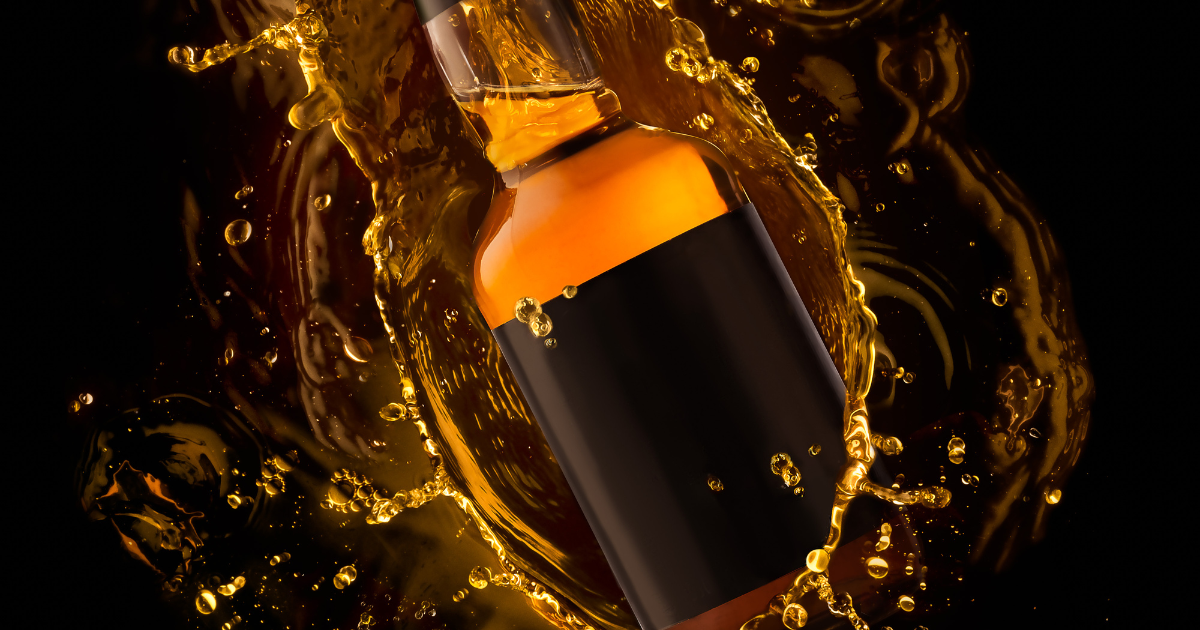
Whiskey is one of the most revered spirits worldwide, with a long history of craftsmanship, tradition, and innovation. For entrepreneurs, bar owners, or whiskey enthusiasts, creating a private label whiskey is an exciting opportunity to break into the spirits industry. However, launching a private label whiskey requires meticulous planning, legal compliance, and branding expertise. This guide walks you through the step-by-step process of creating your own private label whiskey.
Before you start producing whiskey, you need to define your brand identity and vision. Ask yourself:
Your brand identity will dictate everything from the flavor profile to packaging and marketing strategy.
The alcohol industry is highly regulated, so understanding the legal framework is essential. Here are the key legal aspects:
Consider consulting an attorney specializing in alcohol law to navigate these requirements efficiently.
You have two main options for production:
If you want a unique recipe, partner with a distillery to create a custom whiskey. Many craft distilleries offer contract distilling services where they produce whiskey according to your specifications. Expect:
For a quicker market entry, you can source aged whiskey from bulk suppliers and blend it to create a unique flavor profile. Major whiskey suppliers include:
Sourcing allows you to bring a whiskey to market faster while focusing on branding and marketing.
Whether you are contract distilling or sourcing, defining your whiskey’s profile is crucial. Work with distillers or blenders to determine:
If you are blending sourced whiskey, experiment with different barrel-aged whiskeys to craft a distinct taste.
Your whiskey’s presentation is a significant part of its appeal. Invest in professional packaging design to:
Luxury packaging can justify a higher price point, while a minimalist design can appeal to modern drinkers.
Your business model will depend on your pricing strategy and sales channels. Consider:
A successful whiskey brand relies on strong marketing and distribution. Here’s how to promote your private label whiskey:
Once your whiskey is on the market, monitor its performance and gather feedback. Consider expanding by:
Creating a private label whiskey requires a balance of passion, business strategy, and regulatory compliance. Whether you choose to craft a custom whiskey or source premium blends, focusing on branding, quality, and marketing will set you apart in the competitive spirits industry. With careful planning and dedication, your private label whiskey can become a sought-after brand in the market.
If you’re serious about launching your own whiskey brand, Brindiamo can help you source high-quality whiskey, develop your brand, and navigate the complexities of the spirits industry. Our team has deep industry expertise and connections to help bring your vision to life.
Contact us today to get started on your whiskey journey. Cheers!
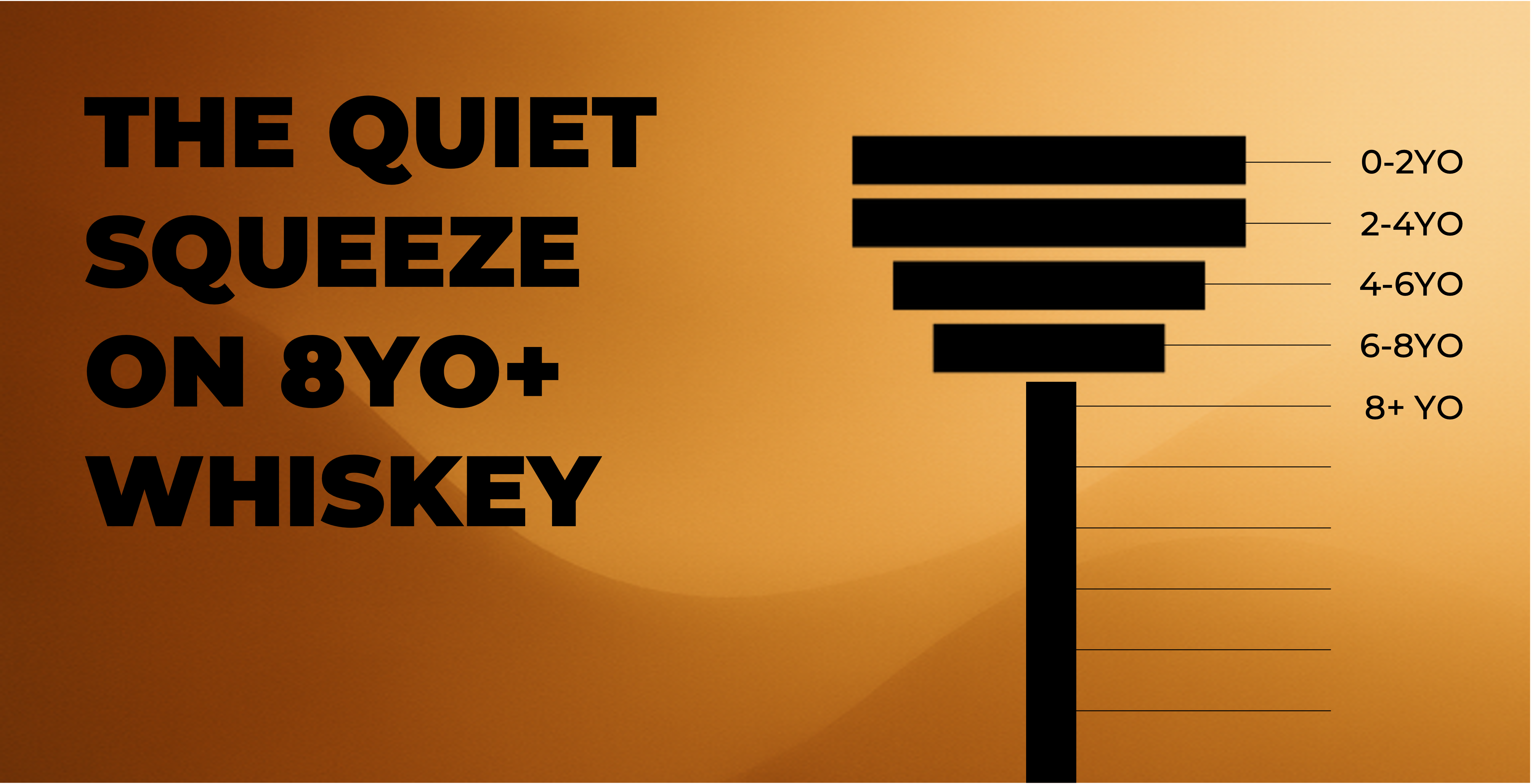
Why mature liquid remains scarce even as younger barrels soften — and what it means for buyers For the last two years, the dominant narrative in bulk...
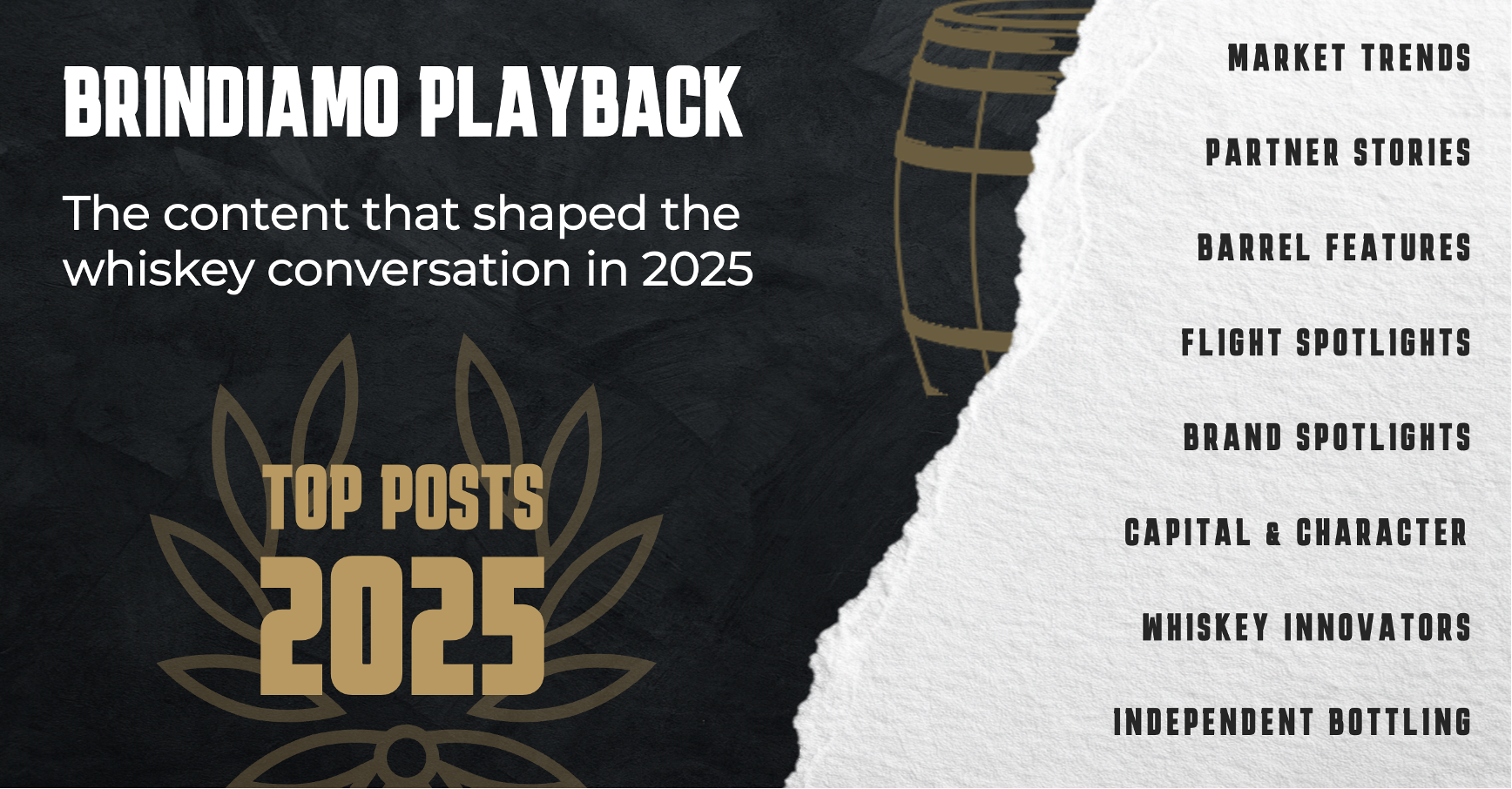
As we reflect on 2025, we wanted to take a moment to look back with you. This past year, our team published across more mastheads than ever before —...
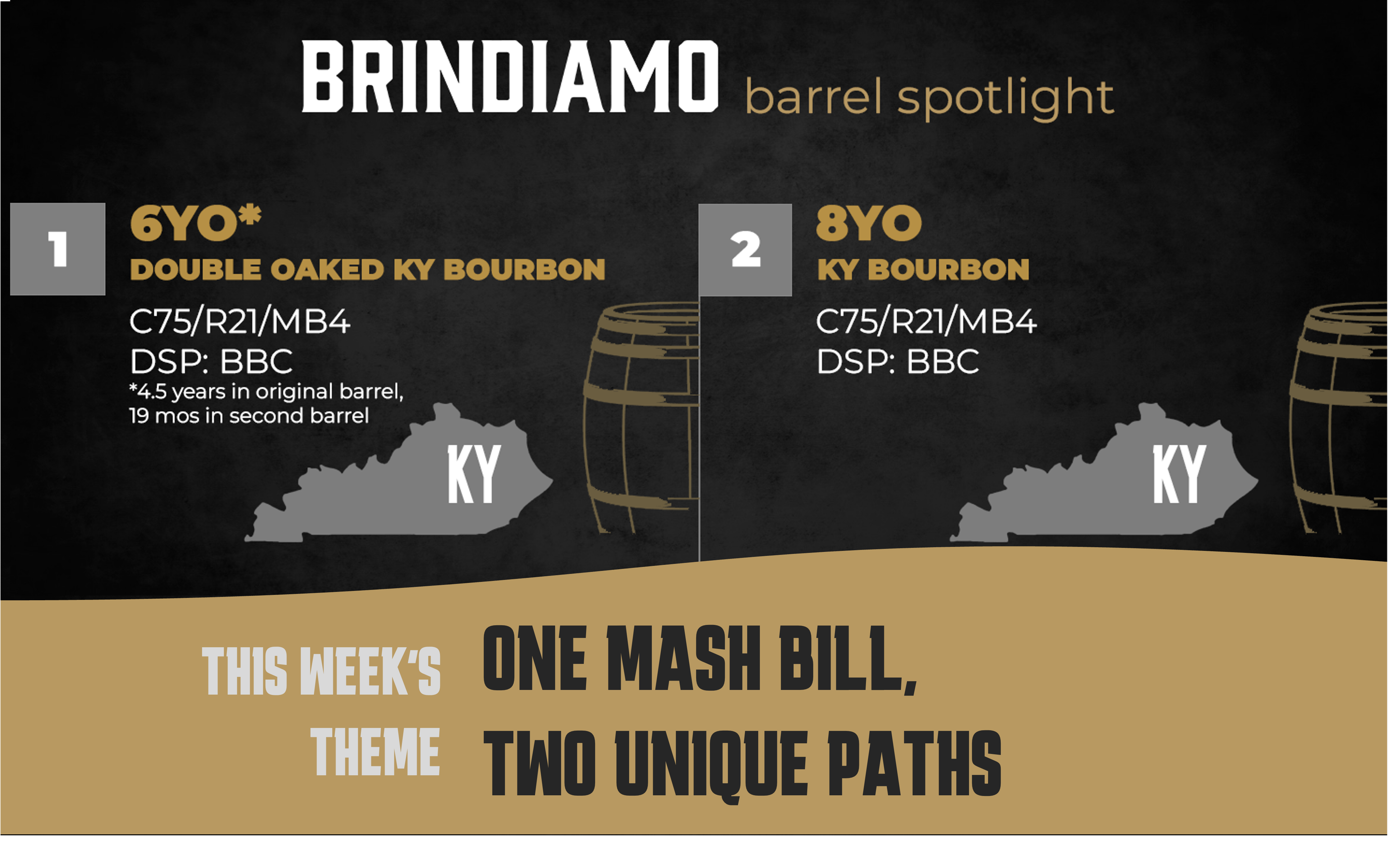
Welcome back to the Brindiamo Barrel Spotlight, our weekly email series highlighting the barrels, distilleries, and market dynamics shaping today’s...
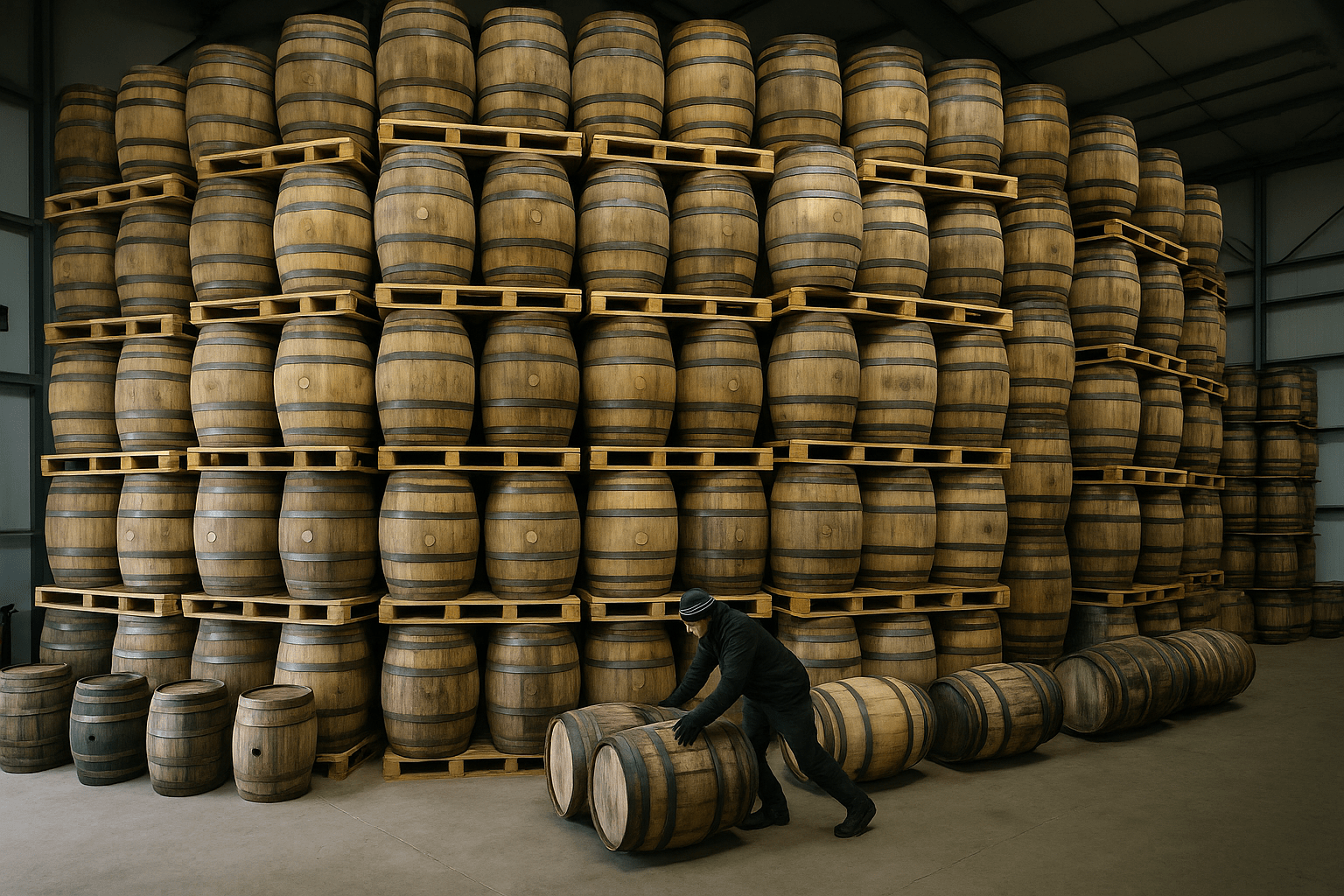
Emerging Trends in Barrel Storage, Risk Management, and Cost-Effective Solutions
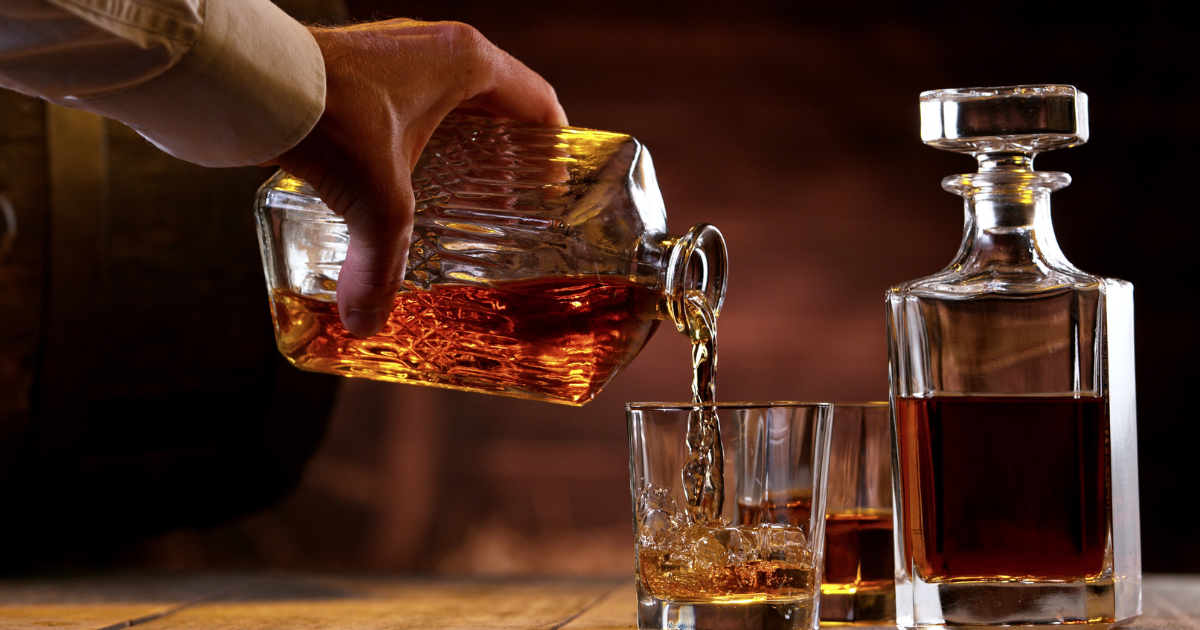
Bourbon, America’s native spirit, has seen an incredible surge in popularity over the last decade. The market for premium, small-batch, and craft...
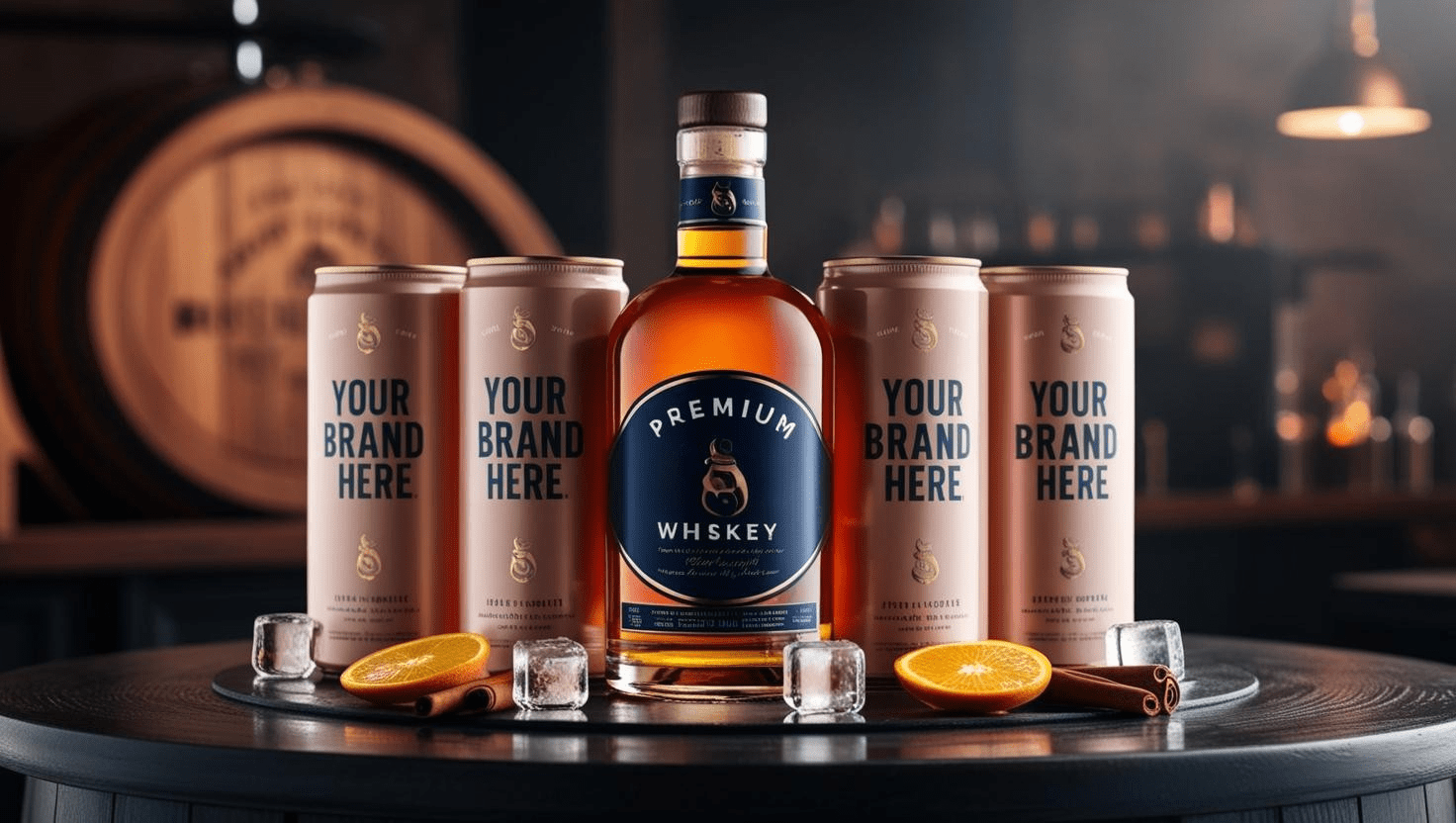
The global demand for whiskey continues to rise—and private labeling offers a powerful, profitable way for brands to enter or grow in the market....
Join the conversation
Leave a comment below.